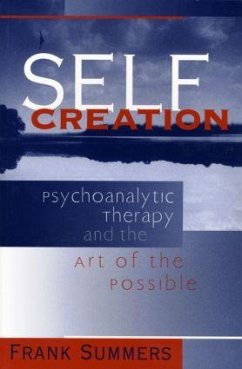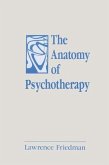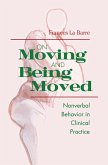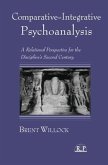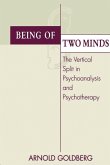"Insight" and "Change." The problematic relationship between these two concepts, to which the reality of psychoanalytic patients who fully understand maladaptive patterns without being able to change them attests, has dogged psychoanalysis for a century. Building on the integrative object relations model set forth in Transcending the Self (1999), Frank Summers turns to Winnicott's notion of "potential space" in order to elaborate a fresh clinical approach for transforming insight into new ways of being and relating. For Summers, understanding occurs within transference space, but the latter must be translated into potential space if insight is to give rise to change in the world outside the consulting room. Within potential space, Summers holds, the analyst's task shifts from understanding the present to aiding and abetting the patient in creating a new future. This means that the analyst must draw on her hard-won understanding of the patient to construct a vision of who the patient can become. Lasting therapeutic change grows out of the analyst's and patient's collaboration in developing new possibilities of being that draw on the patient's affective predispositions and buried aspects of self. In the second half of the book, Summers applies this model of therapeutic action to common clinical syndromes revolving around depression, narcissistic injuries, somatic symptoms, and internalized bad objects. Here we find vivid documentation of specific clinical strategies in which the therapeutic use of potential space gives rise to new ways of being and relating which, in turn, anchor the creation of a new sense of self.
Hinweis: Dieser Artikel kann nur an eine deutsche Lieferadresse ausgeliefert werden.
Hinweis: Dieser Artikel kann nur an eine deutsche Lieferadresse ausgeliefert werden.

